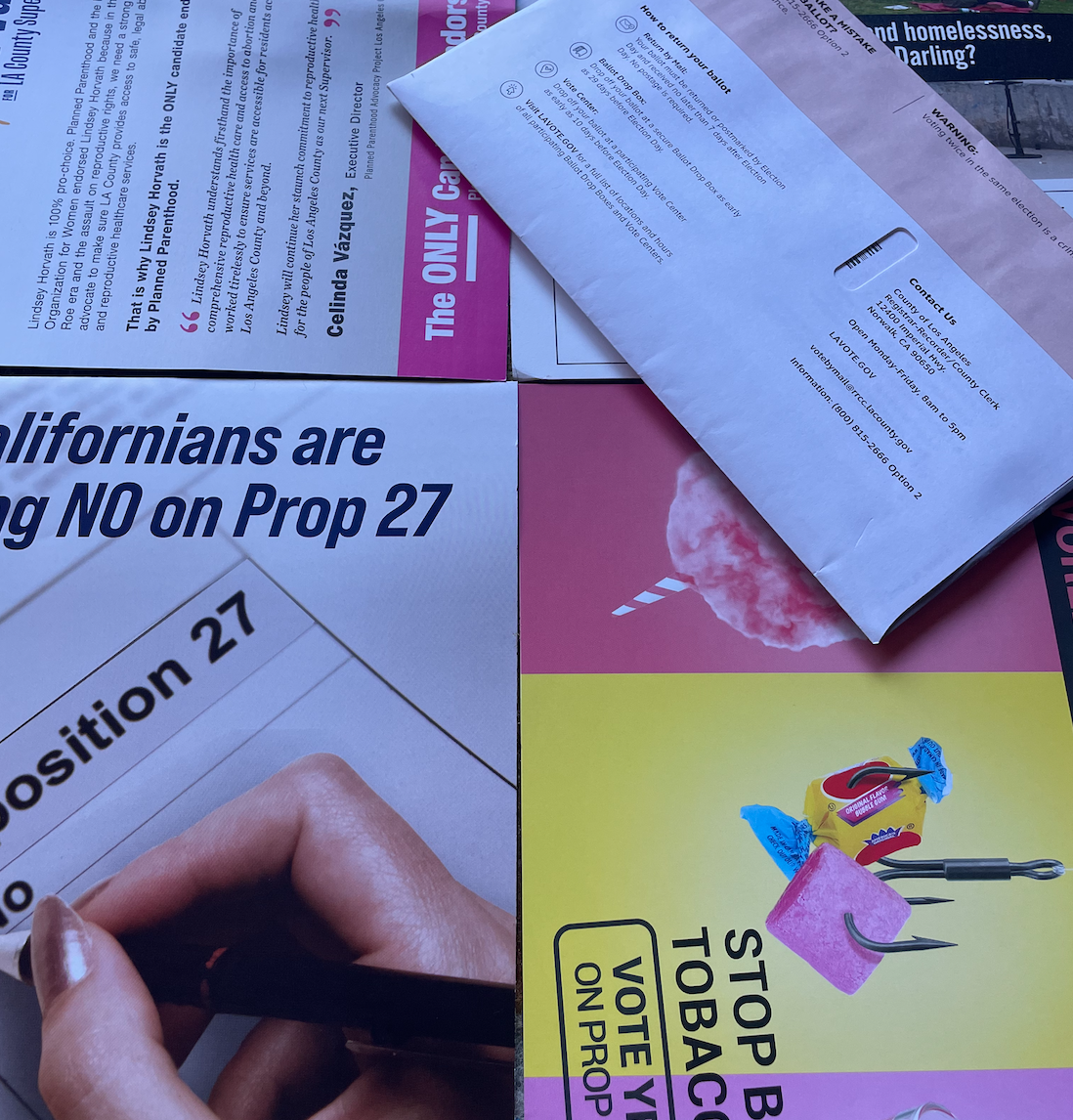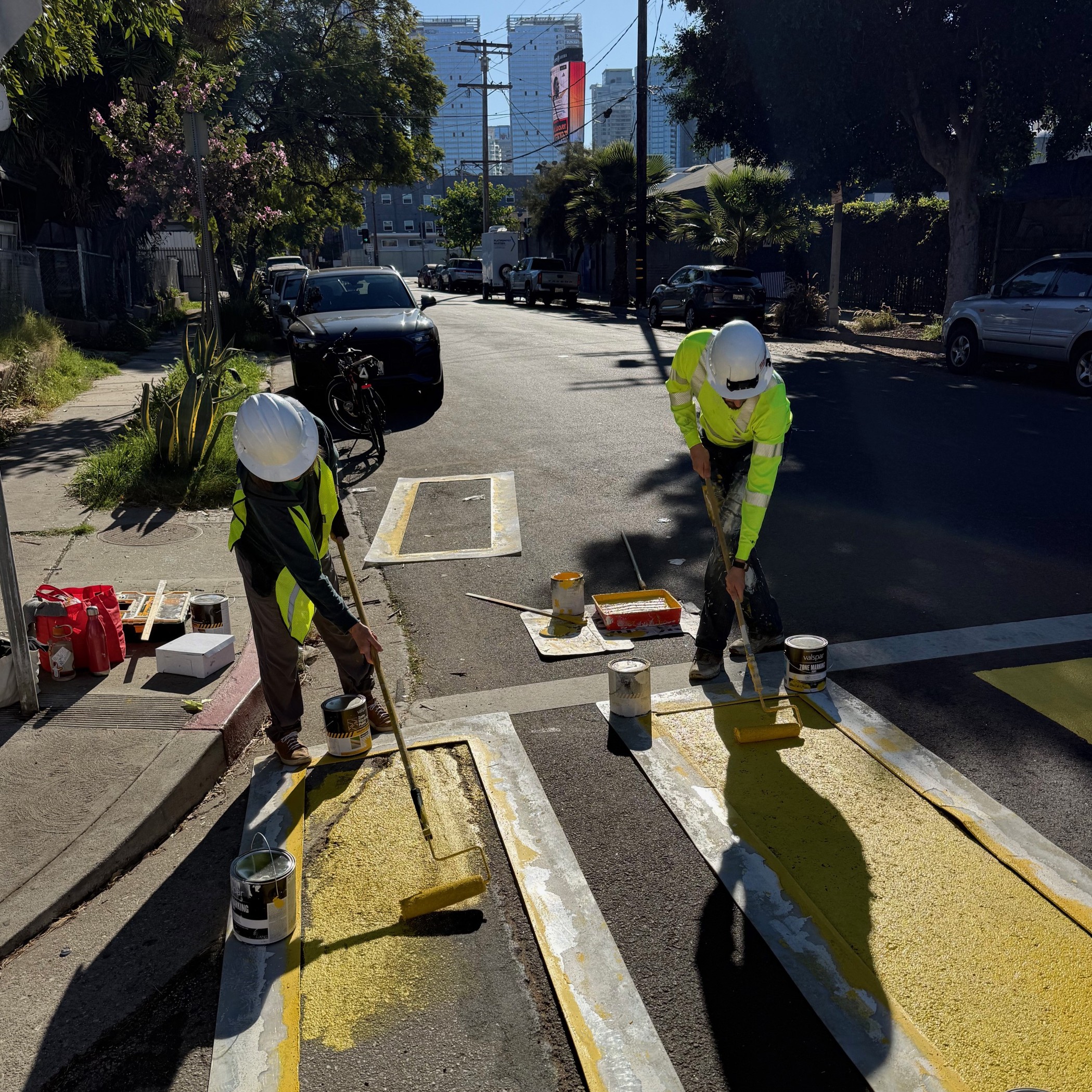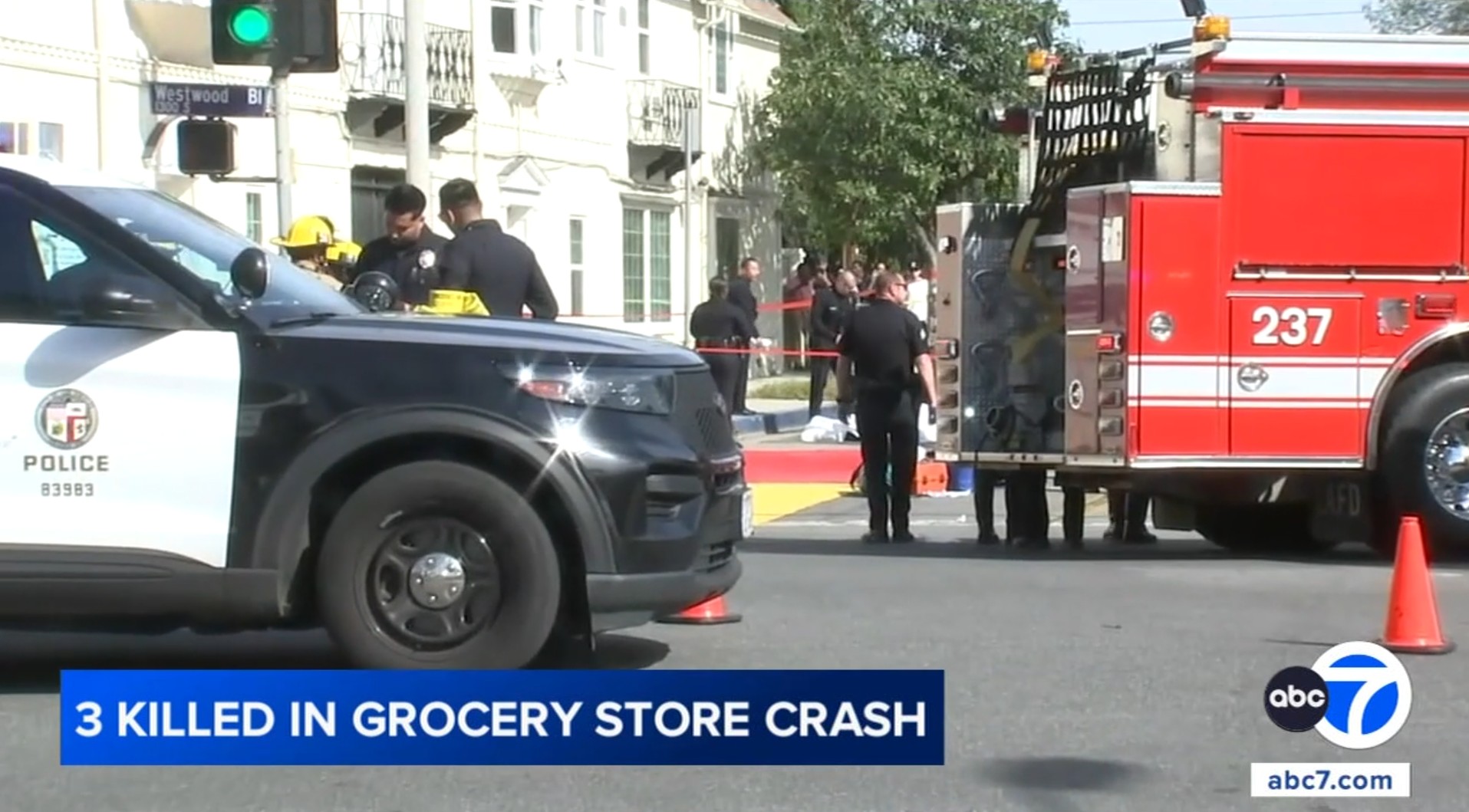Earlier this year, I volunteered to interview the four finalists for the two L.A. City Council seats that represent the Westside. I dutifully sat down with Erin Darling and Traci Park in Council District 11, which is basically the 405 and points west, transcribed their interviews and wrote a summary of what they said. I then sat down with Sam Yebri and Katy Young Yaroslavsky, the finalists in Council District 5, which stretches from the 405 into Koreatown. I posted an article about each of the interviews, complete with transcripts and audio for anyone that wanted to dive deeper into what was said.
Pretty much from the moment I listened to the recordings, I knew I had made a mistake.
The concept for the interviews was that we would focus really closely on transportation reform and issues that are closely related. As both the CD5 and CD11 races are pretty much being fought over issues related to the regional homeless crisis and police reform; I wanted to stay away from those issues as they were being covered in plenty of other places. As a 501c(3) non-profit publication, Streetsblog legally cannot (and should not) tell people how to vote, but letting readers/listeners hear from the candidates should help voters reach the conclusions on their own.
But while someone reading the pieces shouldn't come away with an idea of how I'd be voting, it should help them decide how they would vote. These pieces failed in that regard. One of my colleagues basically told me the interviews were so bad that based solely on them, they wouldn't have any idea who to vote for. A reminder, one of these races is known as "A Battle for the Soul of the Westside."
On one hand, that's a good thing. Streetsblog has said for years that the conversation on transportation and urban development would change when younger generations took over leadership from the Baby Boomers. In this admittedly small sample size, that appears to be true.
No matter how one feels about current Councilmember Mike Bonin, it’s likely that one won’t see a huge change in transportation policy regardless of whether Park or Darling win the election, assuming both candidates will follow through on what they have pledged. The opposite is true in CD5, where both candidates would be a leap forward in comparison to Councilmember Paul Koretz's thirteen years of blocking bus and bike infrastructure, and stifling planning for existing and under construction Westside transit stations.
But in another way, that similarity in how they spoke creates a problem.
Anyone who has paid attention to these two elections knows that these four candidates are VERY different and have different visions for the city. While Darling and Park were gracious and in agreement on bike and bus lanes, the campaign on the Westside has gotten ugly in the time since with the candidates attacking each other, oftentimes in very personal terms. Darling has zeroed in on Park's defense of an employer who used the n-word regularly 'near' his only Black employee. Park has used Darling's absences and eventual resignation from the Venice Neighborhood Council to attack his commitment to the district while exploring some of the cases Darling tried as a defense attorney.
In addition, the police union has funneled money into Park's campaign and supporting PACs allowing her to amplify her message. Darling surrogates, including Bonin and Councilmember Marqueece Harris-Dawson, have connected Park's legal defense mentioned above to the controversy engulfing the city right now. In case you somehow missed it: disgraced former Council President Nury Martinez (who endorsed Park),and Councilmembers Kevin de León and Gil Cedillo made numerous racist remarks in a 2021 redistricting meeting, audio of which recently surfaced.
In CD5, the contrast is also very clear. In a four-candidate race in June, Young Yaroslavsky scored 48.97 percent of the vote, nearly enough to win the election outright and over 19 points ahead of Yebri. Afterwards, both the candidates that finished third and fourth endorsed Young Yaroslavsky giving Yebri a steep hill to climb.
To make that climb, he has amplified his most controversial positions. Just a quick peek on his Instagram page shows him decrying an alley that appears to have had a small encampment as akin to the "Third World," and spoiling the beauty of the theater it was adjacent to. He also posted an article from the Washington Examiner which advocates for drone surveillance to prevent crime.
By contrast, Young Yaroslavsky has kept to a mostly positive campaign that seems to be seeking to not rock the boat between the primary and election day in a couple of weeks.
As I noted, these are very different campaigns and very candidates. While they might all agree that Venice Boulevard needs better bike and bus infrastructure, how they view homelessness and policing matters - and paints a very different picture of who should be getting access to this space and how the city should be creating access.
Too often, advocates for transit and transportation improvements want to keep a laser focus on how the government invests in transportation. I get why people want to do that, since I just did it myself for four interviews. And yes, sometimes it’s going to be easy for people who view elections primarily through that lens; there are still candidates that get confused talking about transit or don’t understand why bike and bus lanes exist. But in the cases where it’s going to be more difficult, we need to ask some new questions. And by we I mean "me, Damien Newton," and other advocates who are privileged and comfortable looking at transportation issues through a narrow lens of "what projects should be built," "how do we fund those projects," and "how do we convince people who don't like these projects?"
For example, instead of asking “how do we build more housing” or “how do we build more affordable housing” we should start by getting candidates to answer what their understanding of the current housing market is and what are the needs. Who do we need to build housing for, and what mechanisms can we do to make that housing be built? Do we need changes in city policy and what are they?
Instead of asking about whether we need more parks or how do we increase access to parks, we should ask about who we are providing open space for? In a city that is both short on open space and short on temporary housing and beds in shelters how do we support spaces where everyone is welcome?
And when we talk about policing and safety, it can’t just be a conversation about how we support law enforcement efforts. We also need to discuss how our elected officials can provide meaningful oversight of our police departments. At what point is a councilmember willing to vote against a police or sheriff’s budget if they feel the department isn’t living up to its charter to serve and protect?
It's 2022, no candidate is going to deny how our transportation network impacts climate, public health and access to the community in a Streetsblog interview. If I have the opportunity to talk with candidates again in 2024 (just over a year and a half to the 2024 primaries!), my promise to you is to focus less on the "what" and far more on the "for whom."







